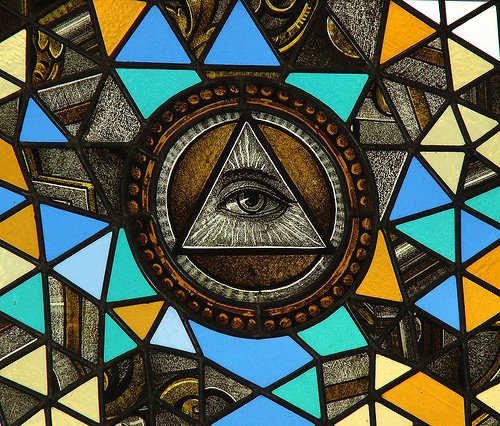The thing is, I have yet to hear someone make that particular objection*.
All of the objections to ANZAC Day I've seen (including my own) have been around the way in which the day is framed, and the ways in which competing accounts have been dealt with. Specifically, the objection isn't that ANZAC Day celebrates war - it's that it treats war as justified and necessary, and dissent is strongly discouraged if not actively suppressed.
My friend Daniel writes about the awful goals and conduct of World War 1, and the hypocrisy of using its rhetoric to justify sending New Zealand troops to fight ISIS. Strikingly, he also raises the point that without the international (legal) arms trade groups like ISIS would be far less dangerous and less sustainable. The White Poppy campaign funds research on this.
Russell Brown has a really interesting post bookended with his presence at the RSA he's a member of. The fallout of war is long-lasting and horrendous - this is why it's a bad solution to problems. Russell's post linked to the way in which the Herald used its gossip column to interrogate Lizzie Marvelly about her conflicted feelings about the day, and the way an Australian journalist was sacked for criticising ANZAC Day on Twitter.
It also pointed me to two documentaries: ANZAC: Tides of Blood, which is about Neill's family history with the ANZAC campaign, and the way the ANZAC myth developed; and Ngā Rā o Hune - The Days of June about Waikato Maori who refused to fight. I haven't had a chance to watch either of these but they look good, and notably both come from Maori TV.
***
On an entirely unrelated note Love and Pop has my review of the Jacques Tati box-set. It's suuuuuuuuuuuper loooooooooooooong (like the box-set itself) but Tati is a pretty interesting guy, and his films have the weird distinction of being highly-regarded, but hardly ever directly imitated.
_____
*My friend, of course, may have - but I didn't see any specific mention of it in the Facebook thread in question.
